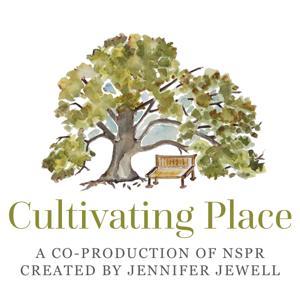Want to test your water?
Get $50! off your first comprehensive water test at mywaterscore.com.au with code "PRACTICAL"
Acknowledgement-
We live, work, and dream on Aboriginal and Torres Strait Islander lands. We acknowledge them as holding deep ecological knowledge and their ability to live sustainably in harmony with the land. They and other ancient cultures are roots of permaculture—working with nature, fostering resilience, and ensuring balance for future generations.
Grab a cuppa and settle in — we’re diving into the roots of one of permaculture’s most beloved publications. 🌱📖
In this episode of The Practical Permaculture Podcast, Alysse sits down with Robyn Rosenfeldt, founder and editor of Pip Magazine. Robyn shares the inspiring story of how Pip came to life, weaving together her passion for storytelling, sustainable living, and the everyday realities of parenting.
Together, they explore the challenges of balancing a growing magazine with family life, what it means to live permaculture beyond the garden, and how community and care are at the heart of both publishing and parenting. Robyn also opens up about the importance of self-care, staying grounded, and dreaming big — including future plans for Pip, from online courses to in-person events.
You’ll hear about:
📰 The origin story of Pip Magazine
🌿 How permaculture principles support life at home and at work
👩👧 Navigating motherhood while growing a meaningful business
🌍 The role of media in building sustainable, connected communities
📚 What’s next for Pip — and how you can get involved
Whether you're raising kids, veggies, or ideas, this episode is packed with real talk and inspiration to keep you growing.
Connect with Robyn;
https://www.instagram.com/pipmagazineau/
Pip magazine
Keywords
Pip Magazine, permaculture, sustainable living, motherhood, gardening, community, Australian magazine, food production, eco-friendly, parenting




































